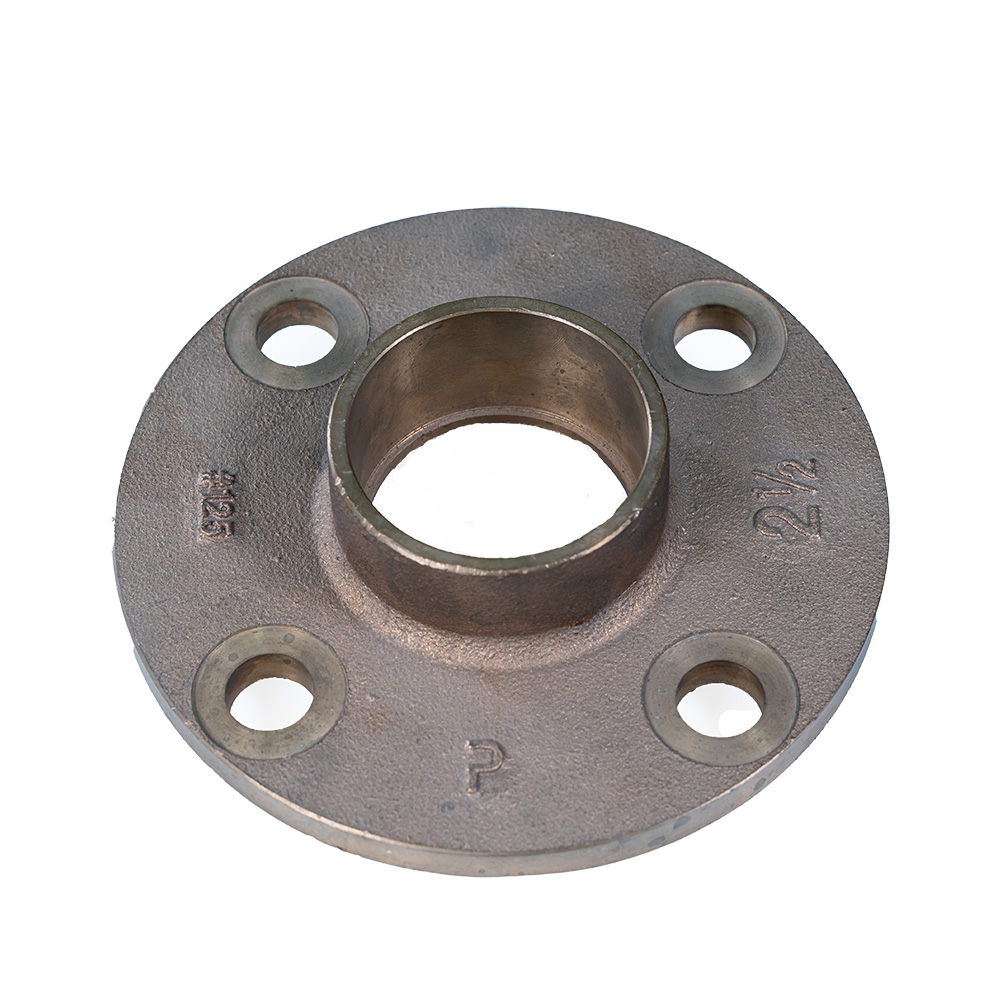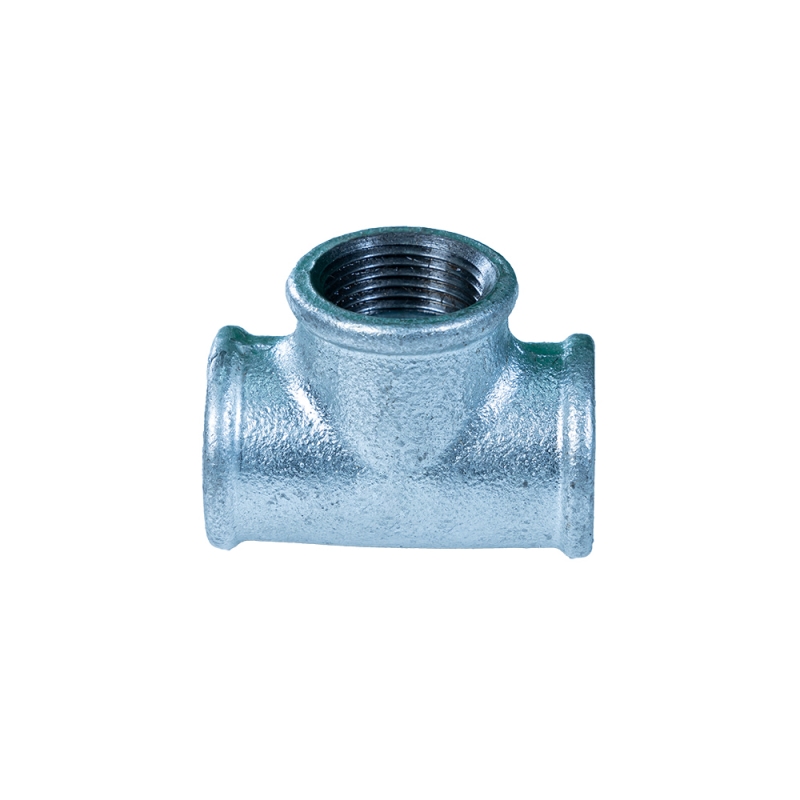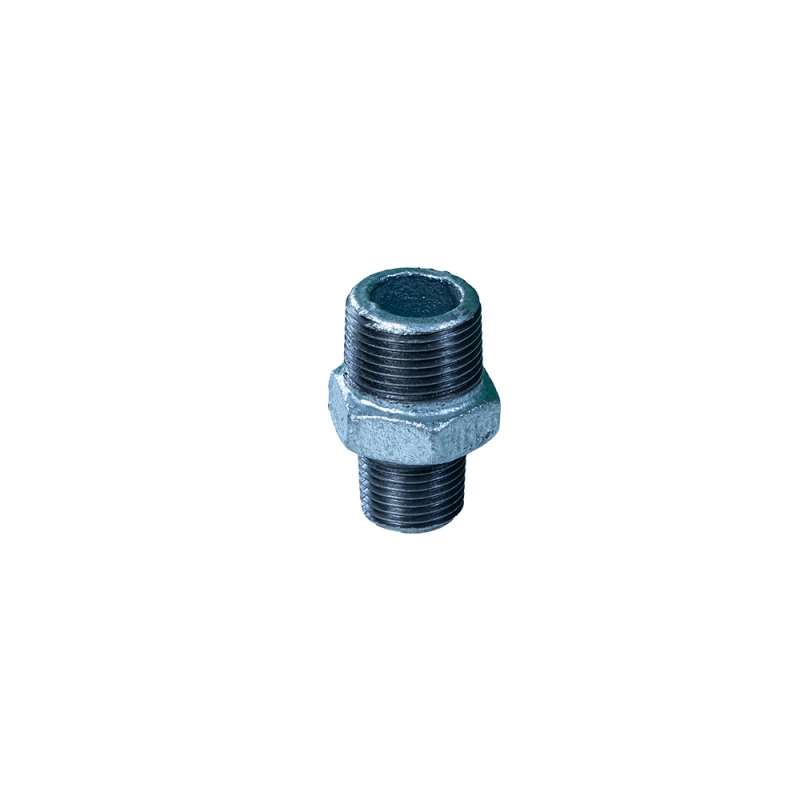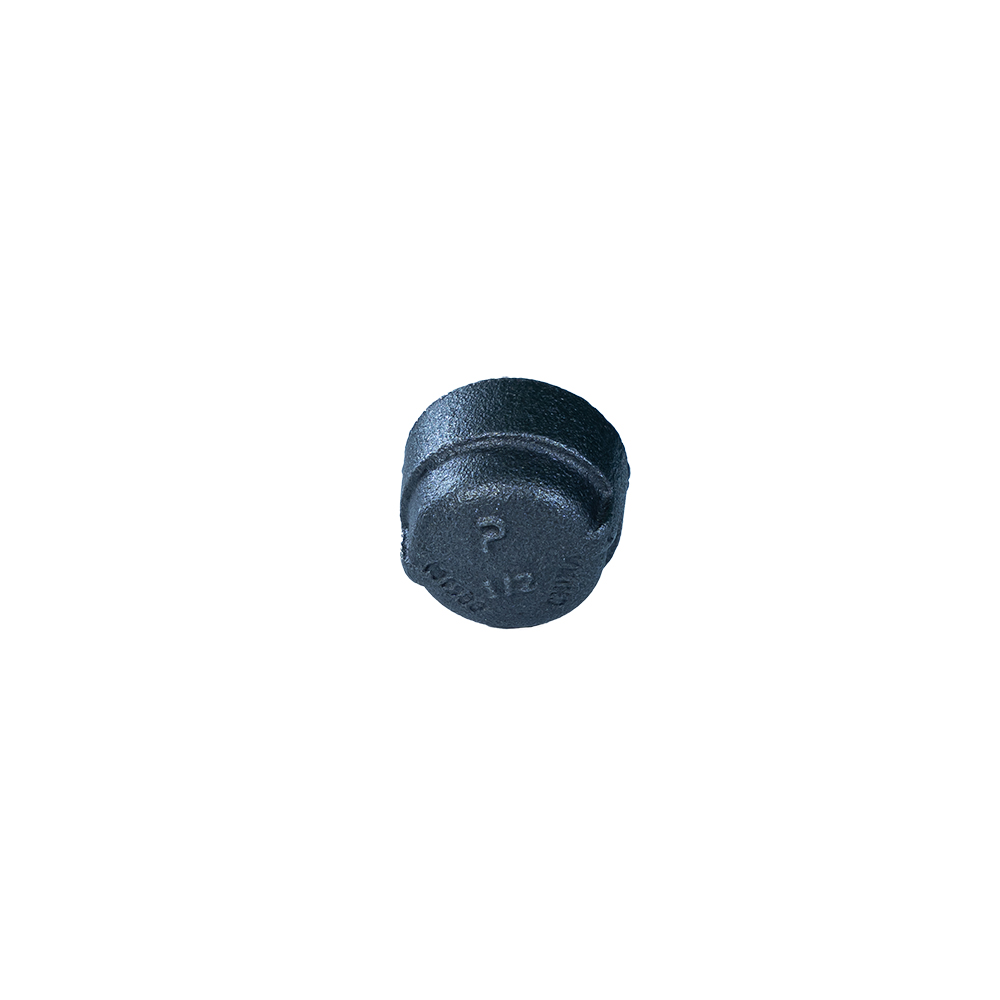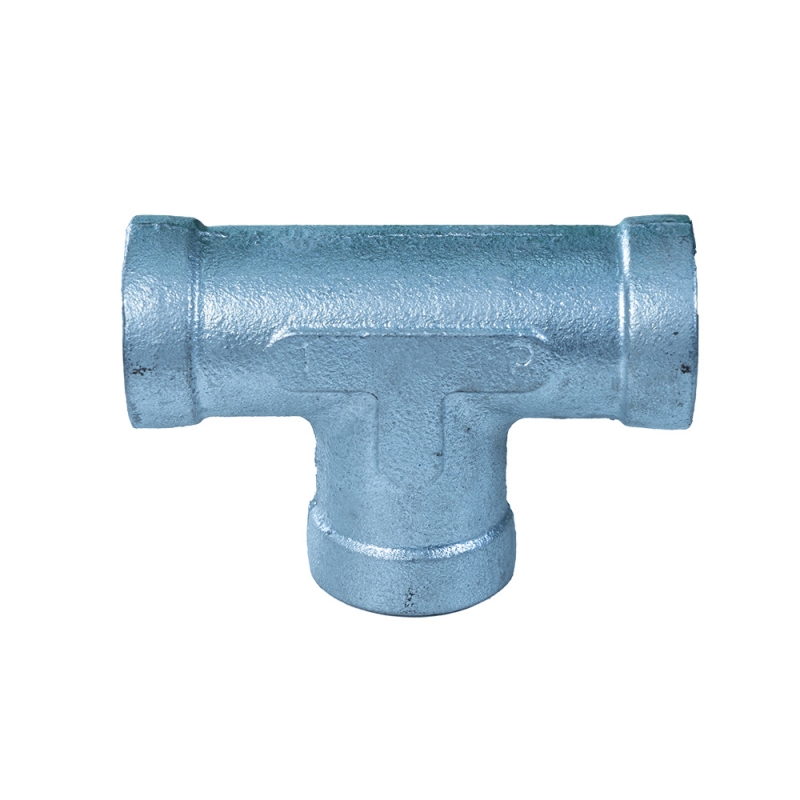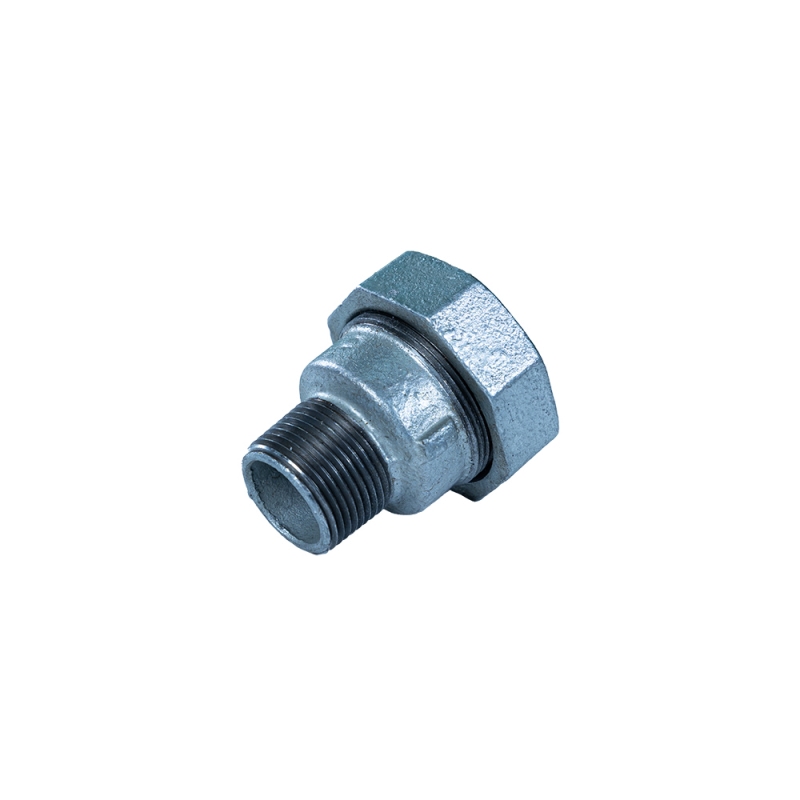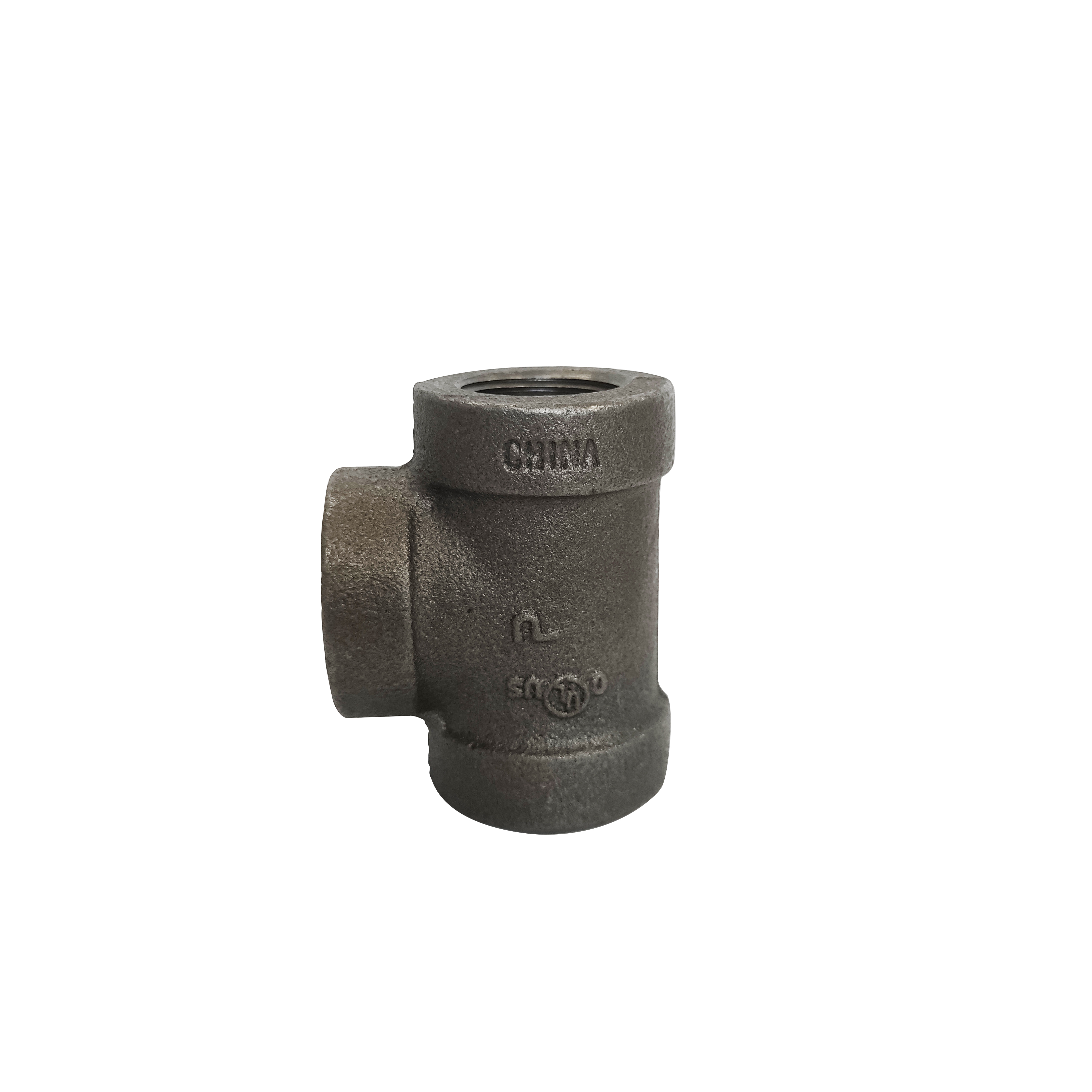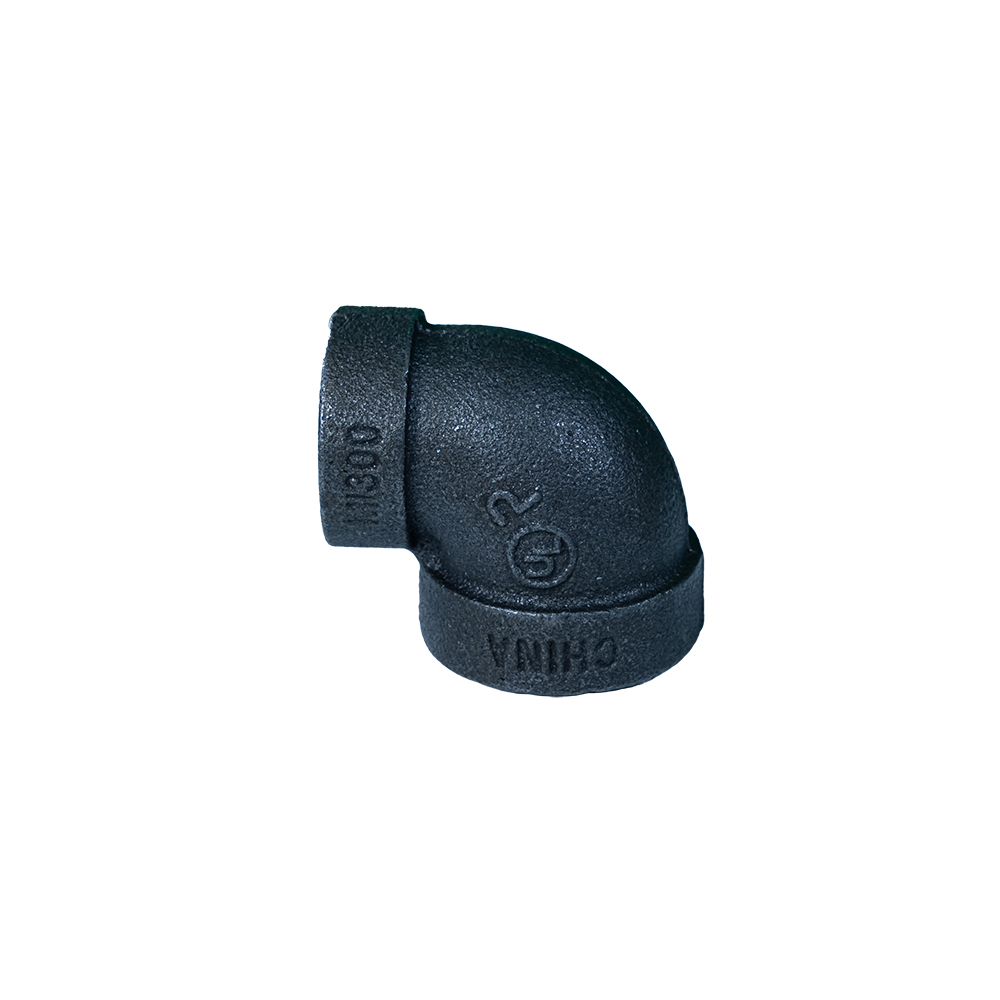Pipe unions are an essential component in the expansive world of piping systems, playing a crucial role in ensuring seamless connectivity and disconnection of pipes. As an experienced expert in HVAC systems and plumbing infrastructures, understanding the intricate details of pipe unions can significantly influence the efficiency, longevity, and reliability of your piping projects.

At the core of a pipe union's function is its ability to join two pipes securely, allowing for easy removal and maintenance without the need to cut the pipe. This makes pipe unions indispensable in systems where regular disassembly is required. Made from various materials like stainless steel, brass, and PVC, these fittings are adept at withstanding different environmental conditions and chemical exposures. Selecting the right material is critical, as it directly impacts the durability and performance of the piping system.
The expert approach to choosing a pipe union involves assessing the specific requirements of the system. Stainless steel unions are favored for their strength and corrosion resistance, making them ideal for high-pressure and high-temperature applications such as industrial processing plants. Brass unions are preferred in settings where resistance to tarnish and corrosion is paramount, offering excellent performance in plumbing systems. PVC unions provide flexibility and ease of use, and are often utilized in residential plumbing applications where cost efficiency is a consideration.
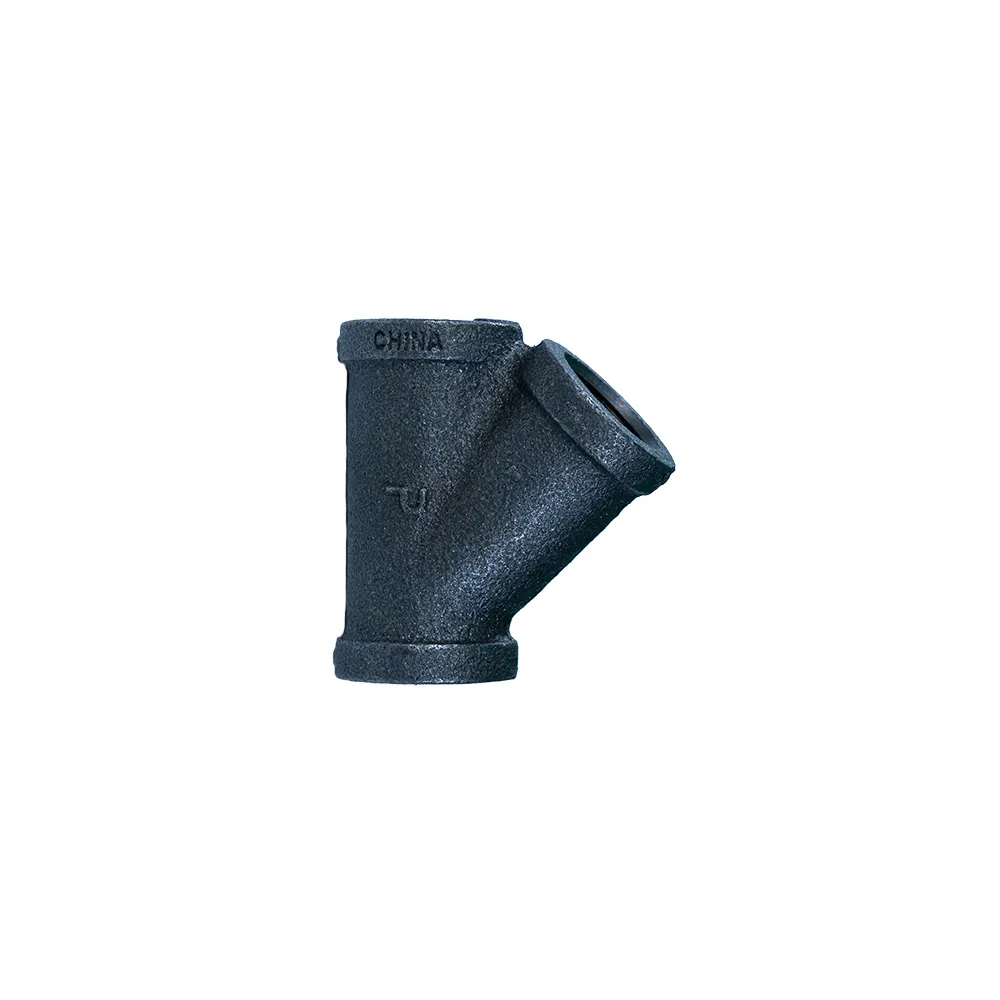
The authoritative understanding of pipe unions extends to their installation. A trustworthy resource would emphasize the importance of precise threading and correct alignment to avoid leaks. Trustworthy installers recognize that applying a suitable sealing compound or Teflon tape on threaded components ensures a tight seal, enhancing the integrity and longevity of the connection.
pipe unions
In terms of product expertise, the market offers a variety of pipe union types, each suited for specific applications. Ground joint unions, for instance, provide a metal-on-metal seal without the need for a gasket, making them suitable for industries where high standards of cleanliness are required. Dielectric unions are specialized connectors that join pipes of dissimilar metals, thus preventing galvanic corrosion, a common issue in residential water systems. Leveraging industry knowledge, you can assess and select products that provide optimal performance and cost-efficiency for your applications.
A reliable resource for professionals also entails understanding maintenance and troubleshooting. While pipe unions are designed for longevity, periodic inspections for signs of wear, corrosion, or damage are advisable. Proactively replacing worn parts and ensuring all seals are intact can prevent costly system downtimes and enhance overall reliability.
Embracing innovation and technological advancements, modern pipe unions often incorporate improvements such as integrated sensors for leak detection, further enhancing the efficiency of maintenance procedures and extending the lifespan of piping systems.
In conclusion, a comprehensive understanding of pipe unions goes beyond the basics of their installation and selection. By delving into material suitability, application-specific selection, and expert installation techniques, efficiency and reliability in piping systems are greatly enhanced. Such an authoritative approach not only instills trust in users but ensures optimal performance across various industrial and residential settings, positioning you as a leader in piping solutions.
Post time:
Jan-14-2025




